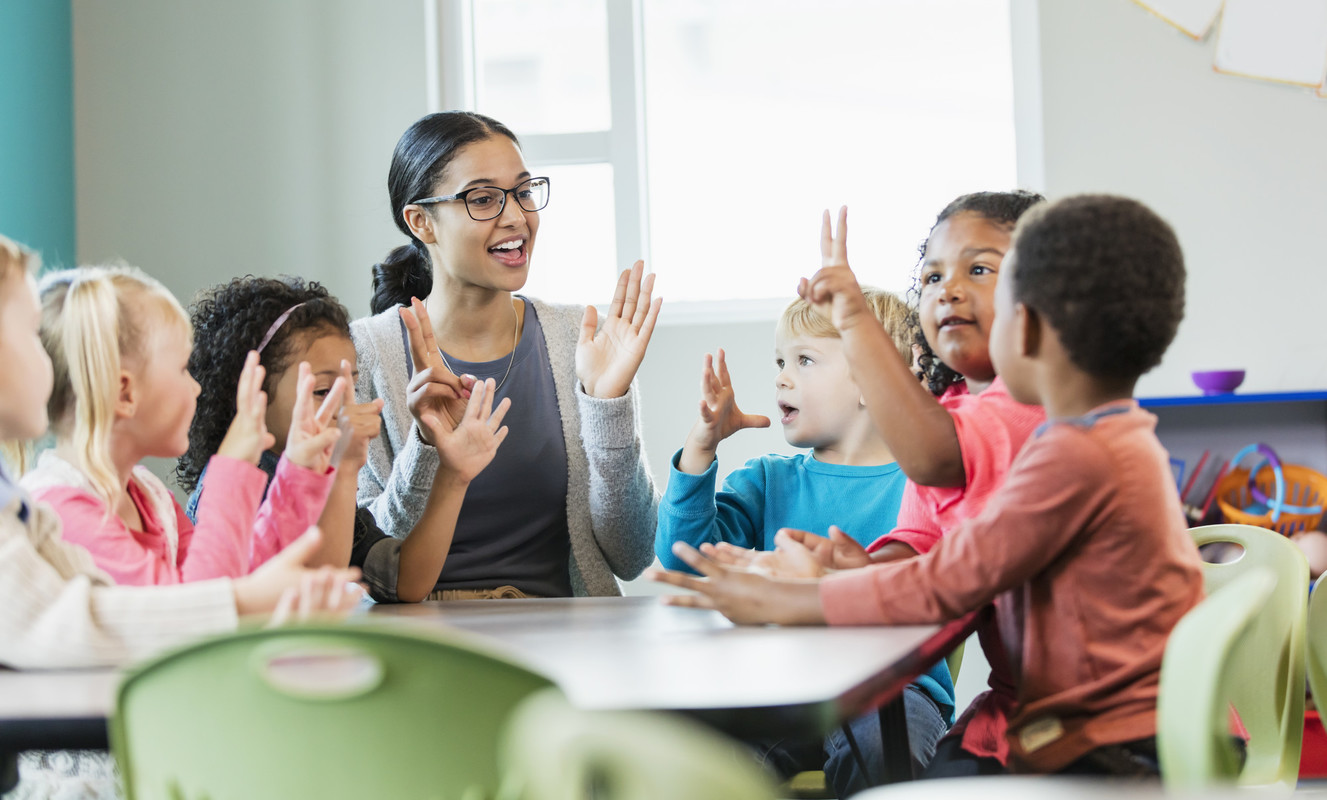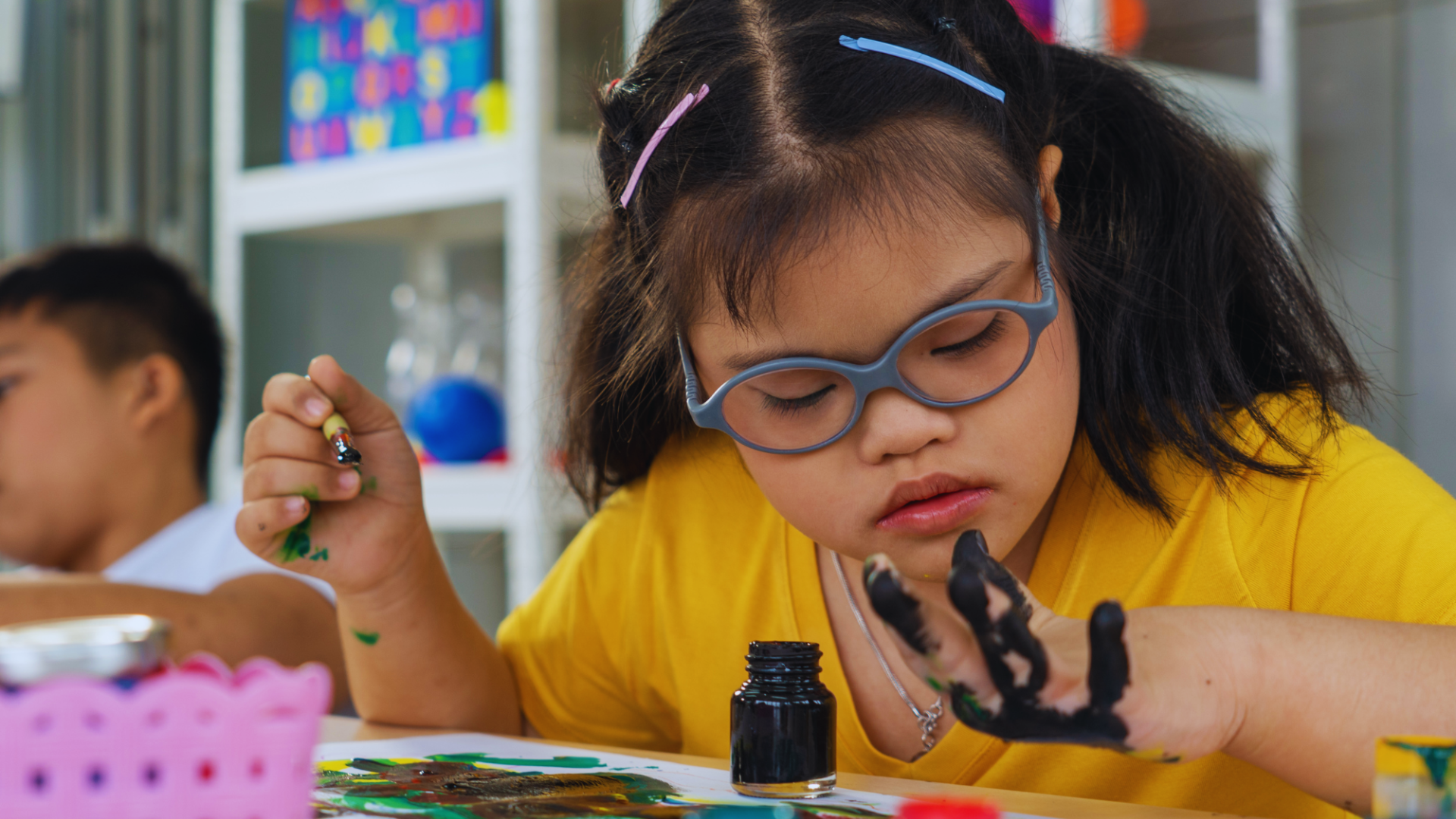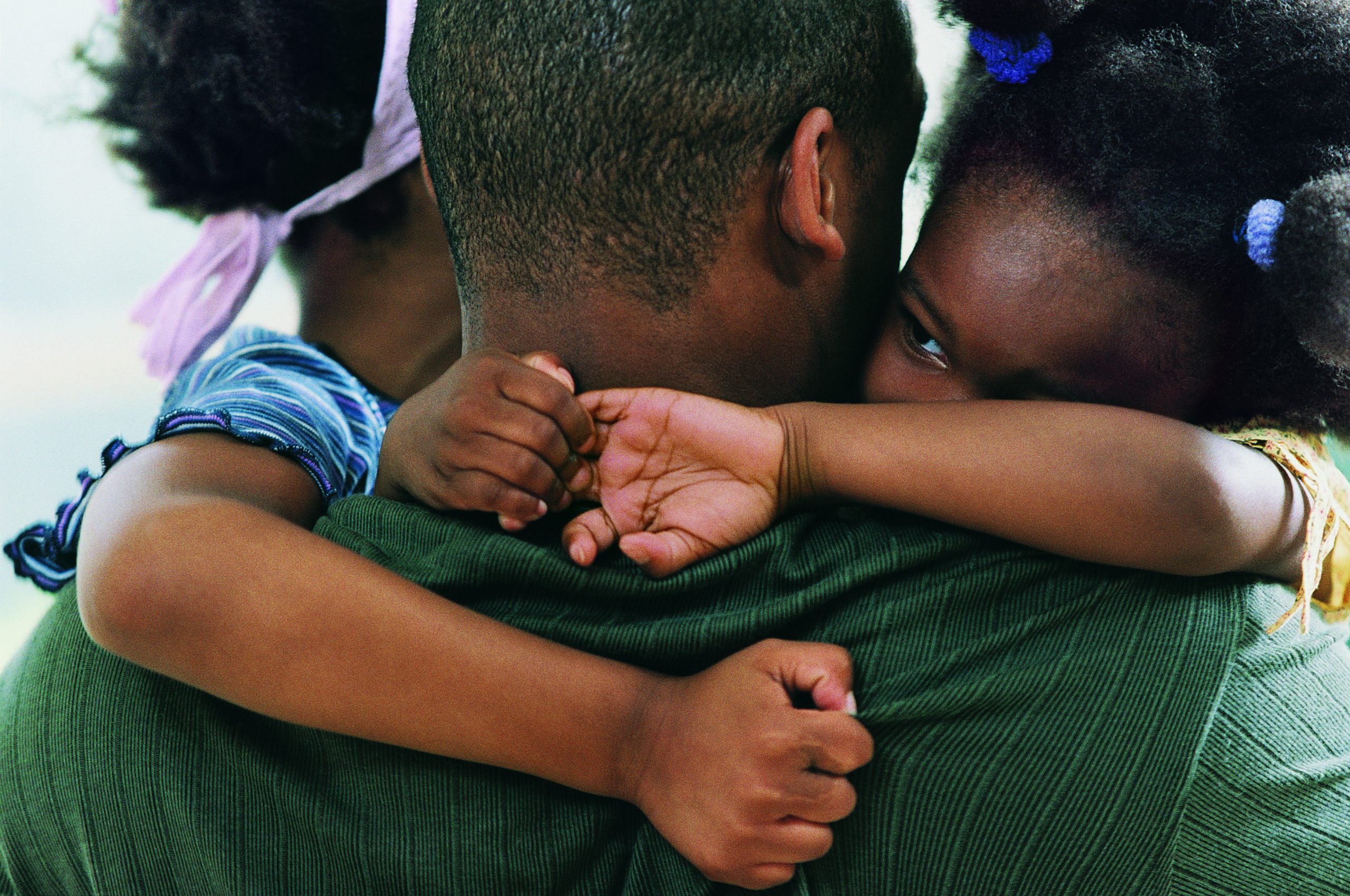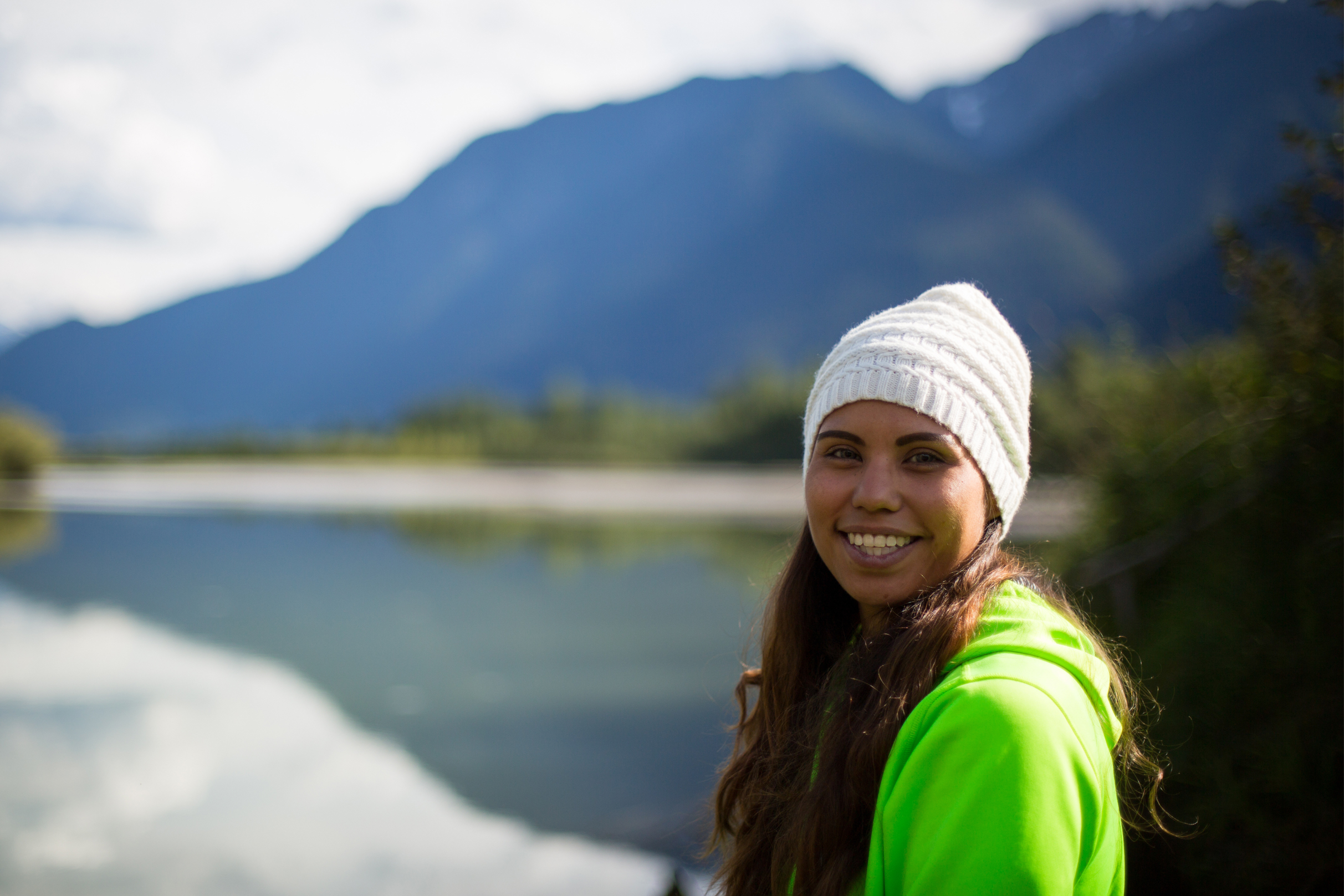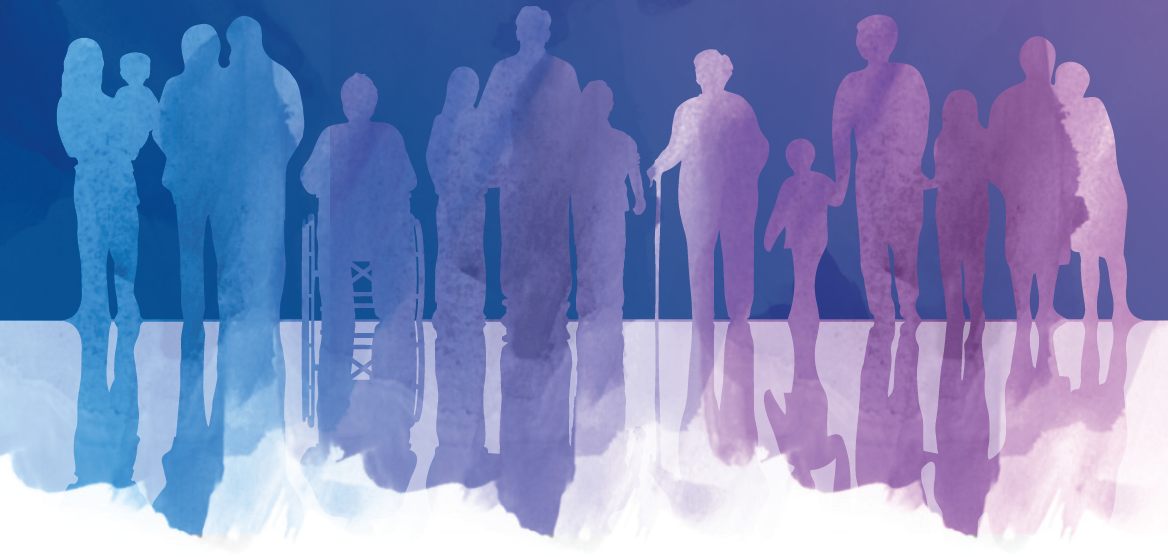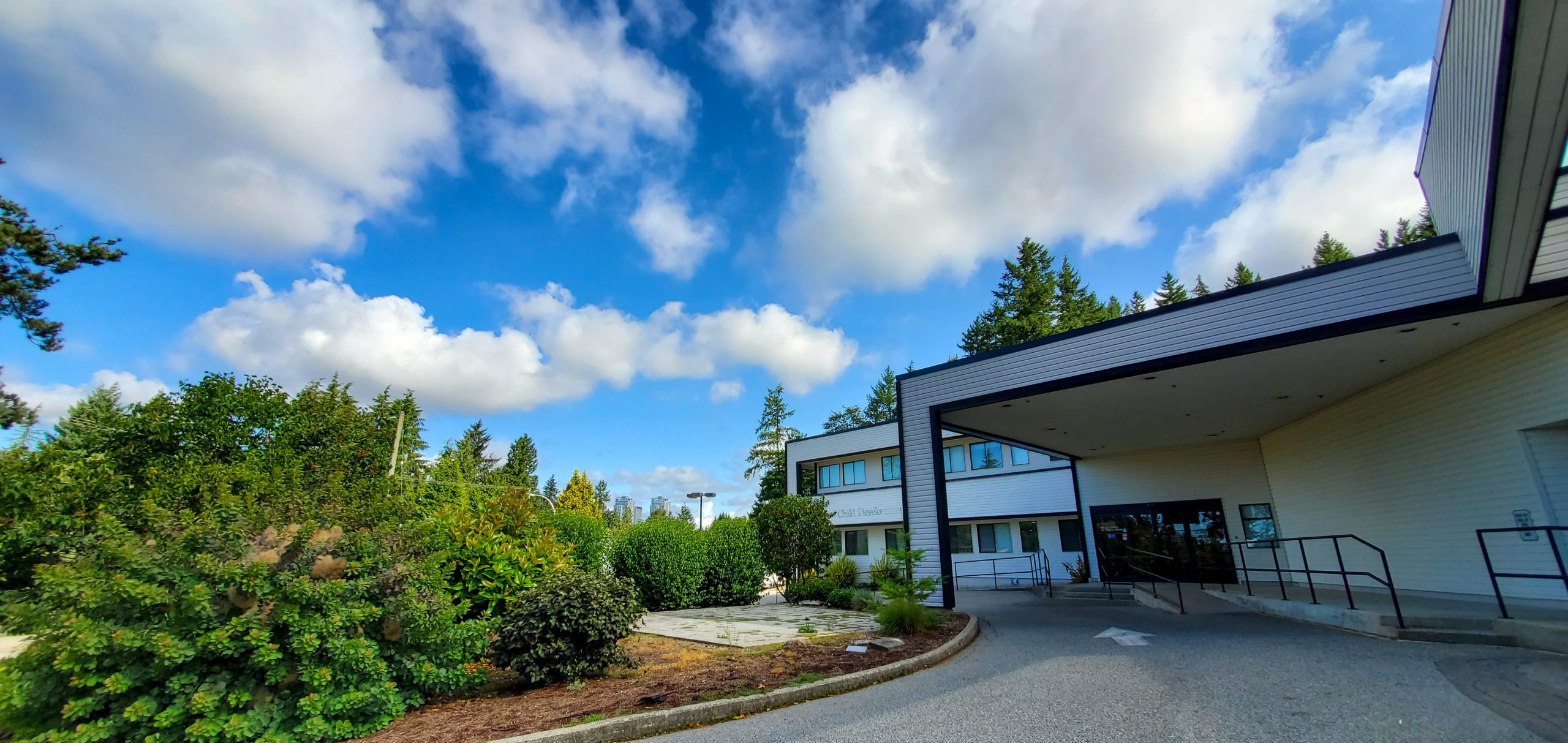
Social Work Oversight
On this page…
Overview
Who: The Ministry of Children and Family Development
What: Reviewing the current state of social work oversight
Where: Province-wide
Why: To better understand the needs and perspectives surrounding social work oversight
How: Online
Engagement Summary
The Ministry of Children and Family Development (MCFD) launched a public engagement on the oversight of social work in B.C. This engagement explores the current state of social work oversight, including what is working well and opportunities for improvement. It will allow for government to develop a better understanding of the diverse range of needs, perspectives and opinions surrounding social work oversight.
The Province engaged broadly with our partners, social workers and the public from Spring 2022 to January 2023. We conducted a public survey, and a survey for social workers. We also accepted written submissions.
We will use engagement findings to prepare a “What We Heard Report” which will reflect key topics and messages brought forward during the engagement.
To sign up for project updates, email MCF.SocialWorkEngagement

